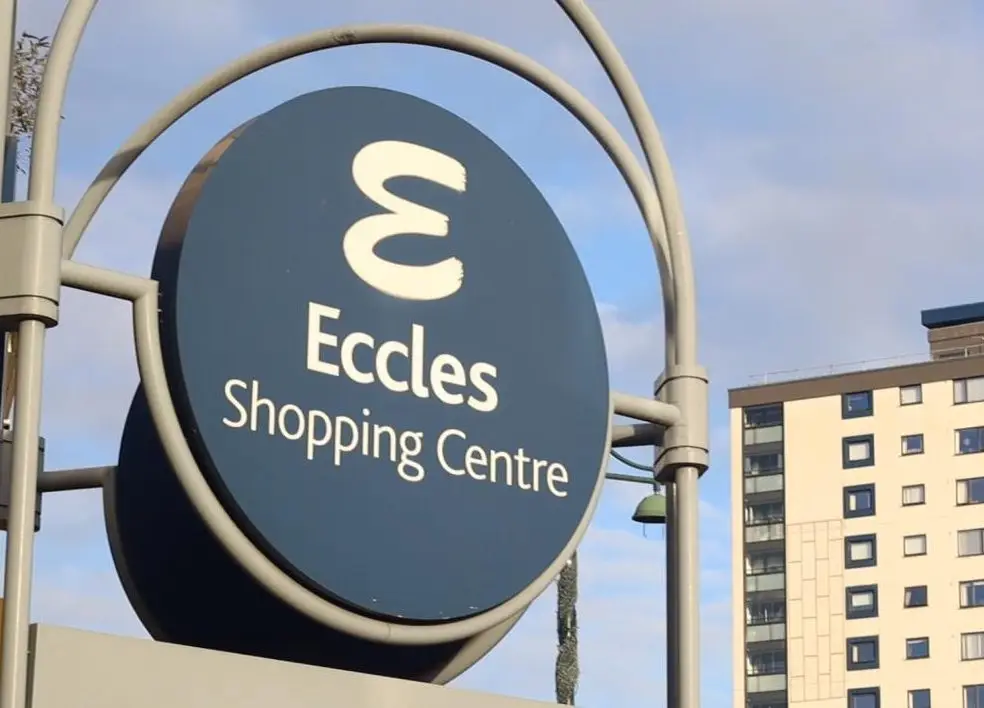Manchester’s retail landscape is witnessing a remarkable transformation. The latest report by Avison Young reveals a resurgence in physical retail stores.
Following a decade of uncertainty, there’s a notable shift back to bricks-and-mortar establishments, driven by escalated foot traffic and strategic investments.
Resurgence in Physical Retail
According to the report, Manchester’s retail sector is experiencing an upturn in its bricks-and-mortar presence. This recovery is marked by increased activity in high streets, prime retail parks, and food stores, underpinned by growing footfall. This revival comes after years of struggle influenced by changing consumer habits and the pandemic’s impact.
Demand from retailers seeking new locations in Manchester is on the rise. Lower rents in comparison to 2019 rates are attracting businesses to the city. The report highlights that, despite an overall increase in retail stock across the UK, vacancies in premium locations are decreasing. High construction costs are deterring new buildings, adding to the appeal of existing spaces.
Key Developments and Trends
Significant deals have contributed to this positive trend. A notable example is Sephora’s re-entry into the UK market, with Manchester hosting one of its three new stores. Larger store formats are emerging as a dominant trend.
Brands are opting for expansive flagships in iconic retail locations, aiming to enhance their experiential offerings. For instance, JD Sports is set to unveil its largest store yet, spanning 43,000 sq ft, in The Trafford Centre, incorporating digital features to bolster customer experience.
Innovative In-Store Experiences
Manchester’s retail sector is evolving to meet modern consumer needs. Stores are transitioning into lifestyle destinations by blending traditional retail with food and beverage options, making shopping more of a leisure activity once again.
New experiential stores are curating memorable in-person experiences. The addition of self-serve checkouts, direct-payment options with staff, and designated areas for brand trials are becoming more common, enriching the customer journey. Such innovations ensure that physical retail remains relevant and engaging.
Investment Trends in Retail Parks
Retail parks and food stores are identified as investment hotspots for 2024. Recent sales have seen competitive bidding, mostly from institutional investors, due to the potential for alternative uses of these well-located assets.
However, the report notes a strengthening in retail values and a shift towards retaining these properties for retail purposes. The social value of physical retail is increasingly recognised, providing essential services to communities and driving urban regeneration.
Government Initiatives and Policy Impacts
The new government’s approach introduces fresh dynamics to the retail sector. Proposed reforms to the business rates system aim to create a more equitable framework, benefiting physical retail, particularly smaller businesses.
Key measures include decoupling business rates from inflation, phasing in a lower Uniform Business Rate, and introducing an online sales tax to ensure fair competition between online and physical retailers. Frequent revaluations of business rates are also proposed, reflecting current market conditions more accurately.
Supporting Small and Medium Enterprises (SMEs)
Labour’s proposed policies are designed to ease the financial pressures on retailers. The report suggests that enhanced small business rates relief will notably benefit SMEs, which are pivotal to the health of the retail sector.
Frequent revaluations and adjustments to the business rates relief system are also proposed to support these enterprises. This aims to level the playing field, enabling smaller retailers to compete more effectively with larger chains and online competitors.
Local Authority Initiatives
Local authorities in Manchester are actively participating in the retail sector’s evolution. Salford City Council’s acquisition of Eccles Shopping Centre is a prime example, aimed at redeveloping the entire town centre.
Similarly, plans for Wythenshawe involve transforming the 1970s shopping centre into a mixed-use space, including cultural areas, new shops, public squares, and residential units. These initiatives underscore the high street’s transformation rather than its demise.
The revival of Manchester’s high street exemplifies the retail sector’s resiliency and ability to adapt. Through innovative in-store experiences and strategic investments, physical retail is reclaiming its position.
Government support and local authority initiatives play crucial roles in this transformation, ensuring that the sector thrives in the evolving market landscape.

